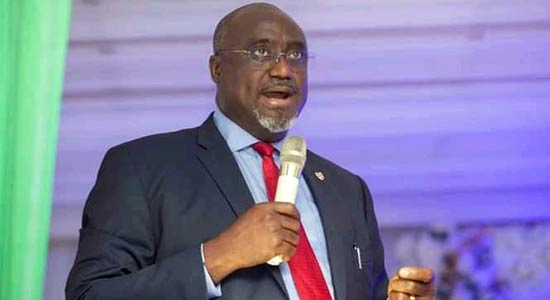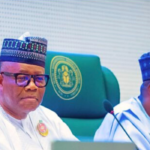The Nigeria Bar Association (NBA) has called for tax reforms in Nigeria to enhance public confidence in the payment and utilisation of taxes for development.
The experts spoke at the two-day programme of the NBA Section on Public Interest Law (NBA-SPIDEL) on human rights and taxation which was held in Abuja recently.
In his opening address, the President of the NBA, Yakubu Maikyau (SAN), asked lawyers to give direction to the people in advancing the rule of law.
On the police motor registration project, Maikyau also cautioned on multiple taxation which would compound the burden on the people.
- We are not in support of violent protests – Kogi Govt
- ‘Partisanship’: APGA sues INEC, demands copy of judgment recognizing Njoku as Chairman
Speaking on the theme of the conference: “Tax, Tariffs and the Taxpayer: Exploring the Impact on the Public and Economy,” Taiwo Oyedele, said the type of reforms required would involve using taxes to address critical needs of the people in addressing multidimensional poverty, diseases and education.
“If you see any system where taxes are not used for the welfare of the people, that would be extortion,” he said.
Oyedele, who is the Chairman of the Presidential Committee on Fiscal Policy and Tax Reforms, said it was high time the country moved from manifestoes during campaigns to national plan for leaders that could attract impeachment if not followed.
He said the middle class had a duty to hold the government accountable as the poor cannot do so effectively without creating anarchy.
On her part, Prof Eva Agbonika (SAN) cautioned against overtaxing SMEs which she said contributes 70 percent of the country’s economy.
She further bemoaned the country’s overreliance on the mono-product of crude oil which has hampered agriculture, tourism and other activities.
Speaking on the theme: “Human Rights in Business and the Workplace: Role of Lawyers”, the President of the National Industrial Court of Nigeria, Justice Benedict Kanyip said while interrogating the adherence to fundamental rights, it was necessary to mind the concept of “fundamental wrongs.”
“But as corporations owe responsibilities to these stakeholders, there are reciprocal responsibilities expected from these stakeholders,” he said.

 Join Daily Trust WhatsApp Community For Quick Access To News and Happenings Around You.
Join Daily Trust WhatsApp Community For Quick Access To News and Happenings Around You.


